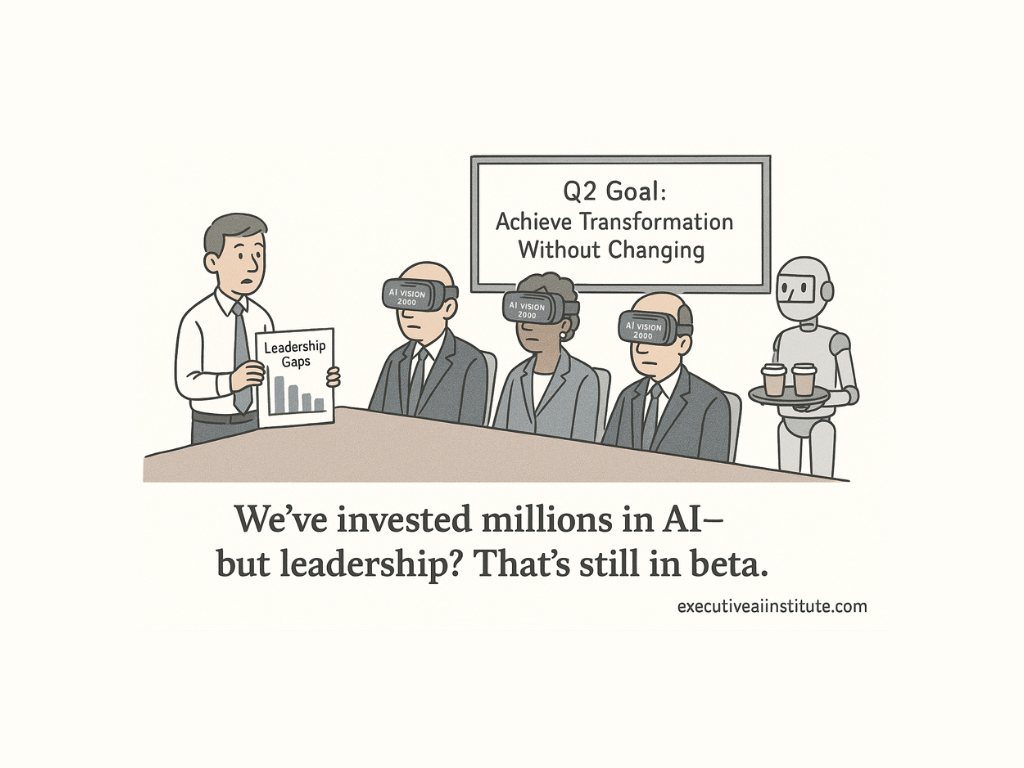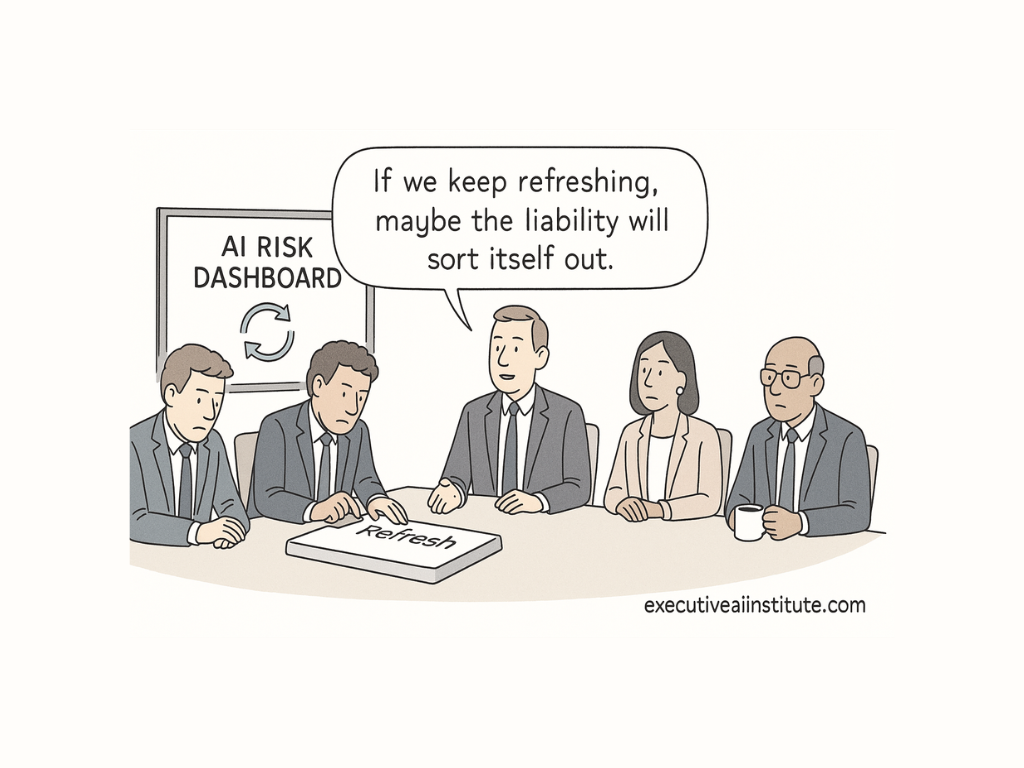.png)
In the dynamic and rapidly evolving landscape of youth programmes, leveraging cognitive diversity through Whole Brain® Thinking can significantly enhance programme effectiveness and engagement. This report, tailored for the youth programmes sector, offers unique insights into how this methodology can address current challenges and drive innovation within the sector.
Youth Programmes Overview
Overview:
The youth programmes sector is dedicated to the personal and professional development of young individuals through various initiatives. Key trends in the sector include an increased focus on digital engagement and the integration of mental health and well-being into programme delivery. The sector is increasingly adopting technology to broaden its reach and effectiveness.
Challenges:
Youth programmes face substantial challenges, including securing consistent funding and adapting to rapidly changing social dynamics. Ensuring that programmes remain accessible and inclusive to diverse youth populations is another critical challenge that stakeholders must address.
Pain Points:
The sector is hindered by limited resources for programme implementation, difficulties in measuring long-term impact, and challenges in effectively engaging at-risk youth. Additionally, balancing administrative responsibilities with direct youth engagement presents ongoing difficulties for programme managers.
Introduction to Whole Brain Thinking
Whole Brain® Thinking, developed by Herrmann International, is a comprehensive methodology that divides cognitive preferences into four distinct quadrants: Analytical, Practical, Relational, and Experimental. Each quadrant represents different approaches to processing information, problem-solving, and decision-making. This model enables individuals and organisations to leverage diverse thinking styles to address complex challenges effectively.
Found Fundamental Questions
Each quadrant of the Whole Brain® Thinking model seeks to answer one of four fundamental questions:
- Analytical (Blue): What? Focuses on logical, data-driven thinking centred on facts and figures.
- Practical (Green): How? Emphasises organised, detail-oriented thinking, with a focus on processes and implementation.
- Relational (Red): Who? Concentrates on interpersonal, empathetic thinking, prioritising people and relationships.
- Experimental (Yellow): Why? Encourages creative, innovative thinking that values new ideas and holistic approaches.
Youth Programmes Analytical Quadrant
In the youth programmes sector, analytical thinking plays a crucial role in evaluating the effectiveness and efficiency of programmes. This approach involves data analysis to measure outcomes, track progress, and optimise resource allocation. A key trend in this quadrant is the use of big data to personalise youth programmes and improve engagement strategies.
Youth Programmes Practical Quadrant
Practical thinking is vital for the successful implementation and logistics of youth programmes. This quadrant focuses on developing and executing programme plans, managing budgets, and ensuring smooth day-to-day operations. Recent trends include the adoption of streamlined administrative processes and project management tools to enhance efficiency.
Youth Programmes Relational Quadrant
Relational thinking is essential in building trust and rapport within youth programmes. This quadrant emphasises the importance of relationships, both among youth participants and with stakeholders. Current trends highlight the growing importance of mentorship programmes and community engagement strategies to foster strong, supportive relationships.
Youth Programmes Experimental Quadrant
Experimental thinking is key to innovating and testing new ideas within youth programmes. This approach allows for the development of creative solutions tailored to engage youth and address their unique needs. Emerging trends in this quadrant include the use of gamification and virtual reality in programme delivery, enhancing overall engagement and learning experiences.
Youth Programmes Business Case
The insights provided in this report underscore the importance of applying Whole Brain® Thinking to enhance the design and implementation of youth programmes. By leveraging analytical, practical, relational, and experimental thinking styles, stakeholders can foster innovation, improve collaboration, and achieve sustainable outcomes. Understanding and applying these diverse cognitive approaches will ensure that youth programmes remain relevant, impactful, and capable of addressing the evolving needs of young people.
Explore the Full Report
For a deeper understanding of how Whole Brain® Thinking can transform your approach to youth programmes, we encourage you to explore the full report. The comprehensive insights and strategies provided will equip you with the tools necessary to drive meaningful change and achieve long-term success in this sector.
Explore This Exclusive Report for Free!

.png)


.png)